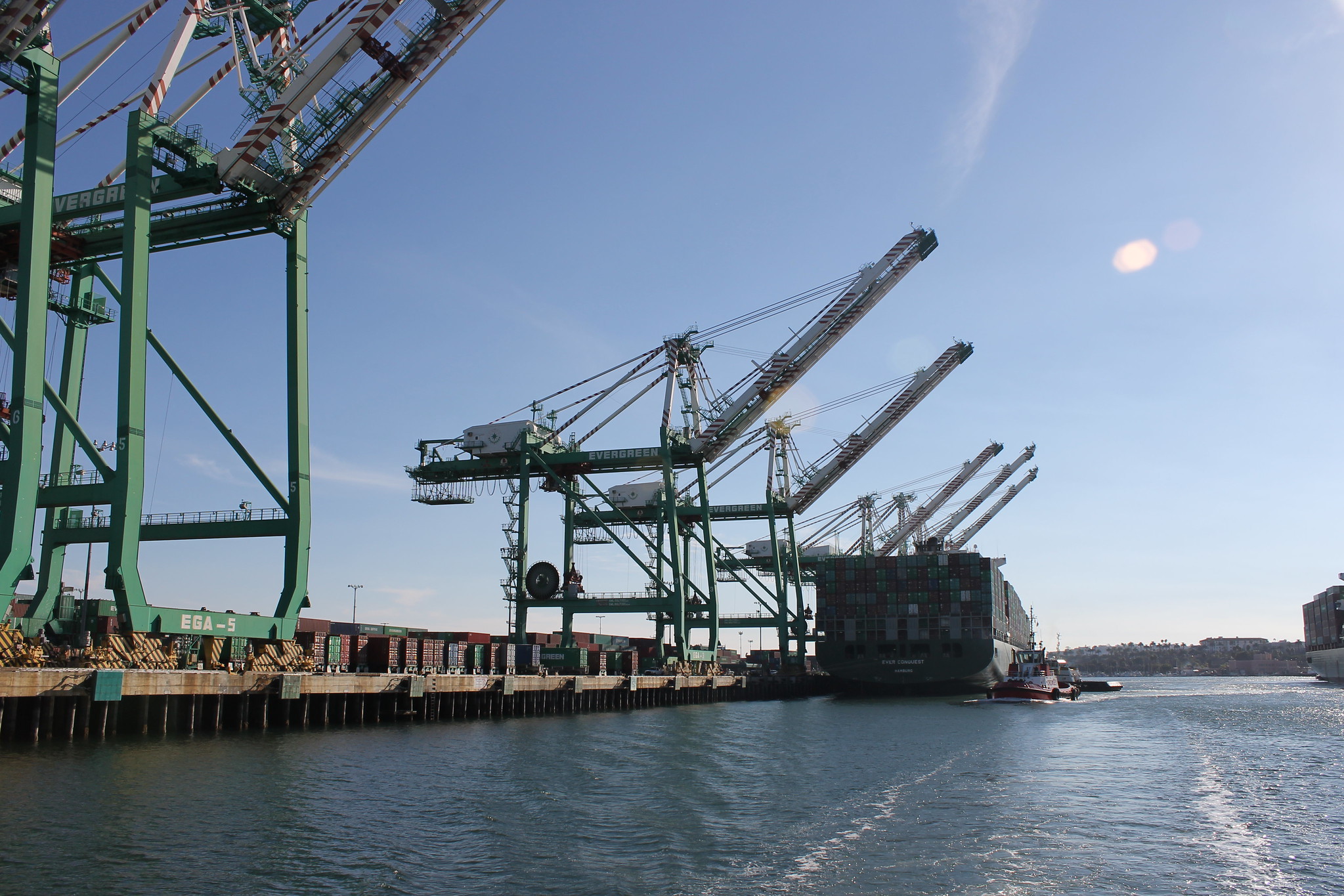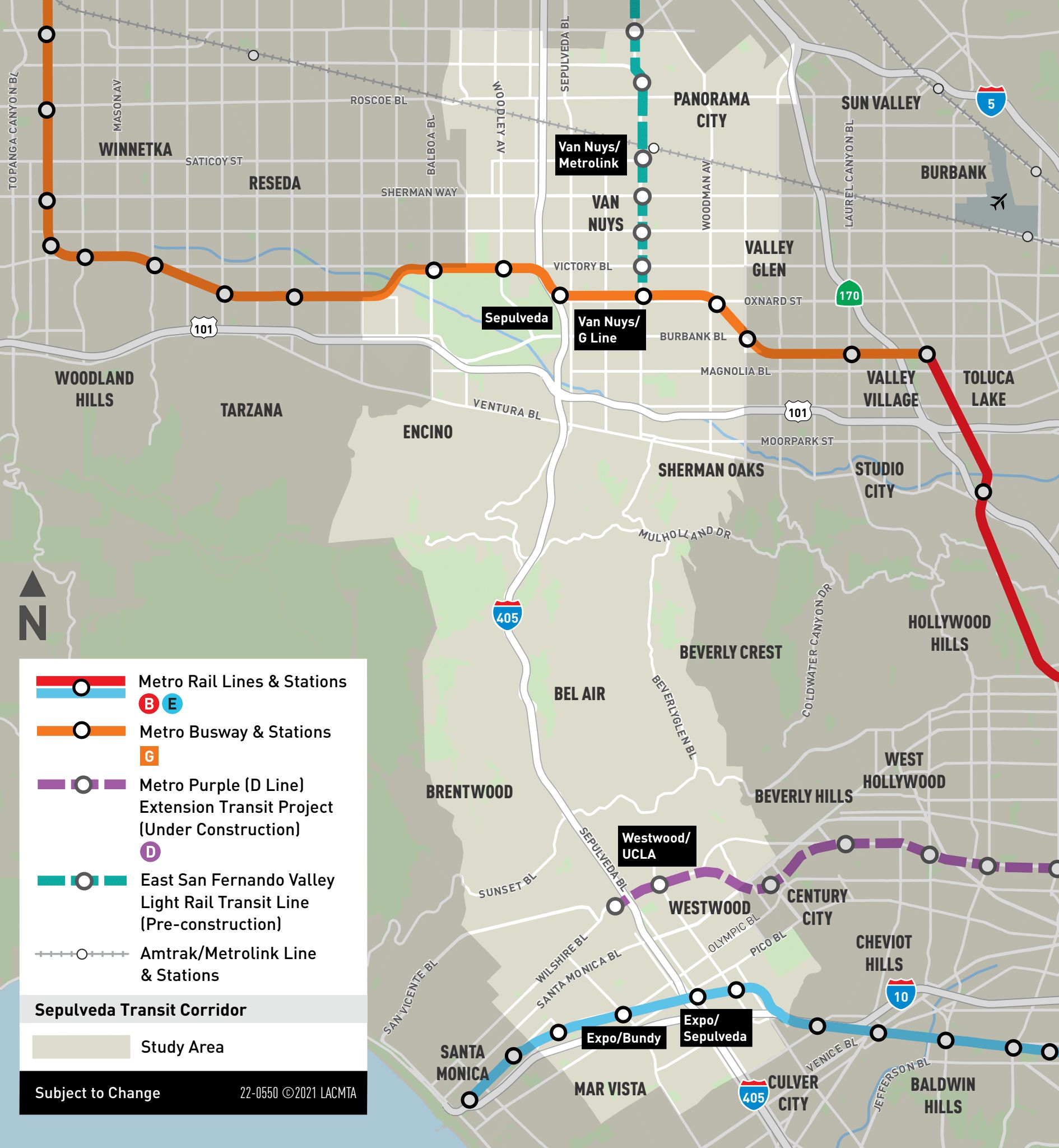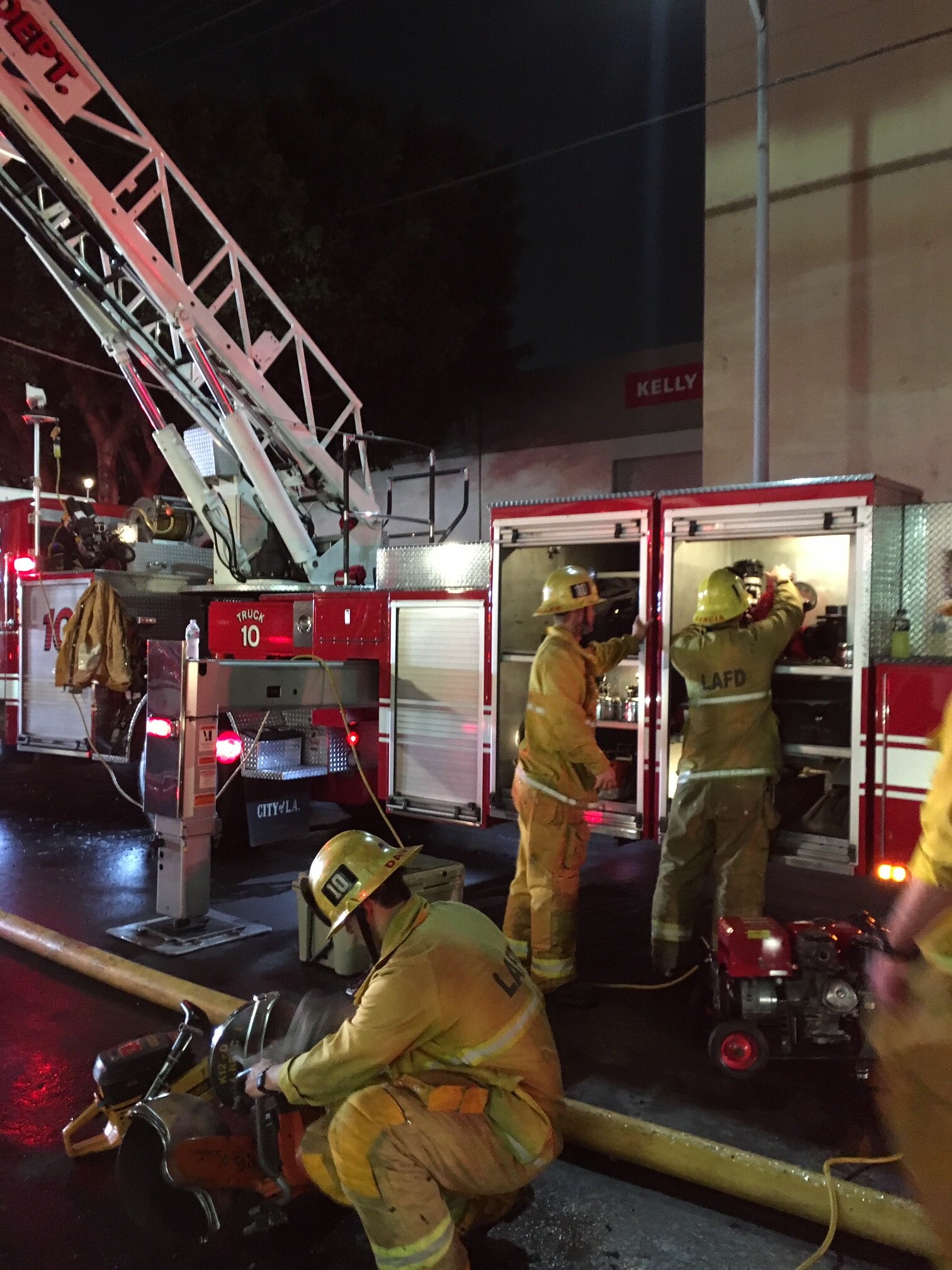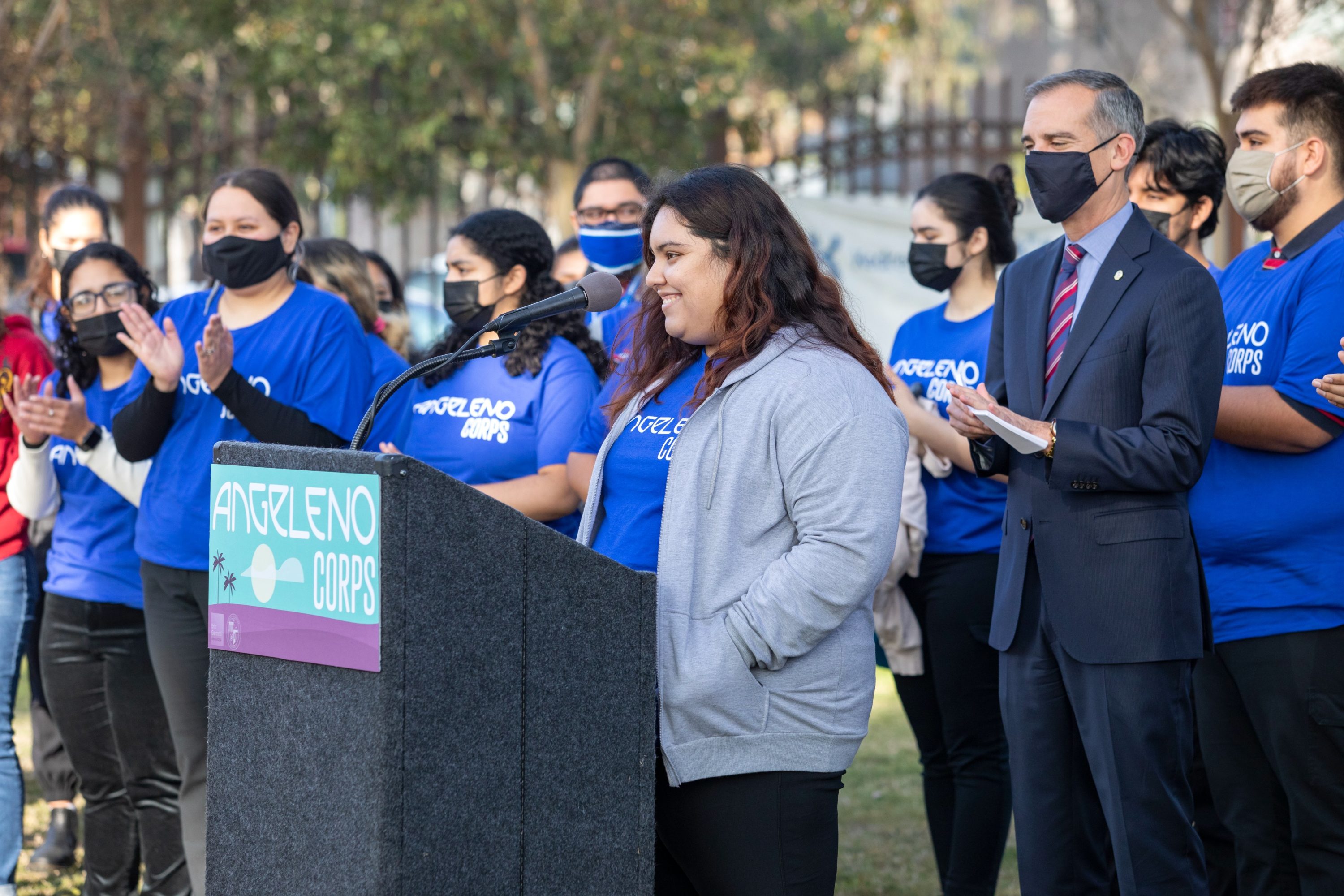The ports of Los Angeles and Long Beach announced Monday that their new “Container Excess Dwell Fee” on companies whose containers linger at marine terminals will be delayed again, now scheduling it to take effect if necessary on Dec. 13.
The fee, which was announced Oct. 25, has been delayed due to progress in reducing the number of port containers at the terminal, with the ports reporting Monday a 37% decline in aging cargo on the docks. Over the next week, port officials will monitor and reassess the fee’s implementation.
“There’s been significant improvement in clearing import containers from our docks in recent weeks,” Port of Los Angeles Executive Director Gene Seroka said Nov. 15, when the fee was first delayed. The fee was delayed again on Nov. 22 and Nov. 29.
“I’m grateful to the many nodes of the supply chain, from shipping lines, marine terminals, trucks and cargo owners, for their increased collaborative efforts,” Seroka added.
The fee is one of several efforts to speed the processing of cargo at the San Pedro Port Complex and eliminate a backlog of ships trying to deliver merchandise. Port of Los Angeles officials said when the policy was announced that about 40% of import containers were idling at terminals for at least nine days.
Both Long Beach and Los Angeles’ harbor commissions unanimously approved the policy on Oct. 29, to be in effect for 90 days.
The fines, if implemented, will begin at $100 per container, increasing by $100 per container each day. Containers set to be transported by truck will incur fines if they remain at the port for nine days or more. For rail containers, fines will be assessed if they are at the port for three days or more.
Fees collected from the policy will be reinvested into programs that aim to enhance efficiency, accelerate cargo velocity and address congestion impacts.
The policy to implement fees was developed in coordination with the Biden-Harris Supply Chain Disruptions Task Force, the U.S. Department of Transportation, the Port of Long Beach and supply chain stakeholders.







